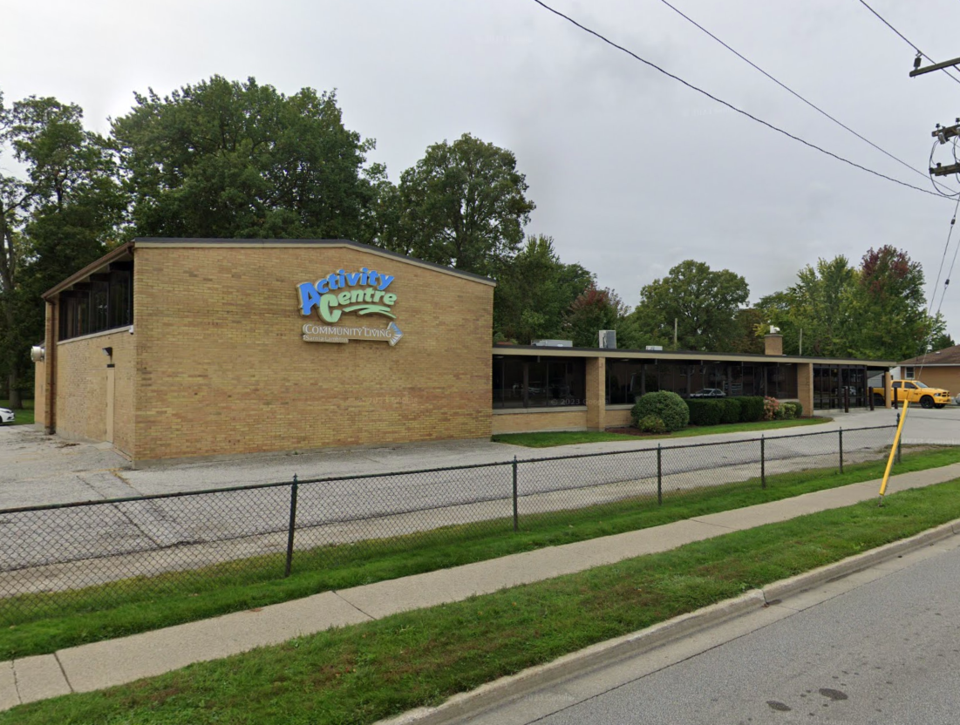Those living with developmental disabilities, their families, and the agencies that provide important support to them are issuing an urgent call for help. Community Living Sarnia Lambton (CLSL) and others in the developmental services sector are asking the Ontario Government to provide critical funding to address an ever-growing waitlist for support services.
The services in question assist people with developmental and intellectual disabilities in their daily activities, enabling them to live and work in their communities while also offering support and respite for their families.
Currently, over 52,000 people with developmental disabilities are waiting for support services in Ontario and the waitlist is getting longer. According to CLSL, both systemic change and budget increases are needed to achieve significant waitlist reductions.
“Without investment, there is little capacity for increasing access to supportive services,” says Corry Thomas, Executive Director. “We have local residents who have had to drop out of the workforce in order to support a family member with an intellectual disability as CLSL does not have the human or financial resources to assist them. These services are not luxuries.”
The demand for developmental services is not being driven by an increase in the diagnosis of ASD (Autism Spectrum Disorder), Thomas tells us. For the most part, the myriad of potential diagnoses related to developmental disability have not increased on a population ratio basis in any material way.
In the last ten years, a series of studies and reports by a government Select Committee, the Auditor General, and the Ontario Ombudsman have taken a close and critical look at developmental service waitlists. Nevertheless, the problem has only gotten worse.
This year, the Financial Accountability Office of Ontario (FAO) found that the system is housing 5% fewer people than in 2018, while the waitlist has grown by 55%. The provincial government’s Passport Funding system for community participation support is also not serving Ontarians well as the waitlist for full allocation has grown 105% over five years.
“Too many people with intellectual disabilities are waiting for the opportunity to belong,” says Thomas. “And it’s not about belonging to a service system but to vibrant communities where they can contribute and be valued. Communities thrive only when everyone belongs and contributes. Inclusion isn’t optional.”
